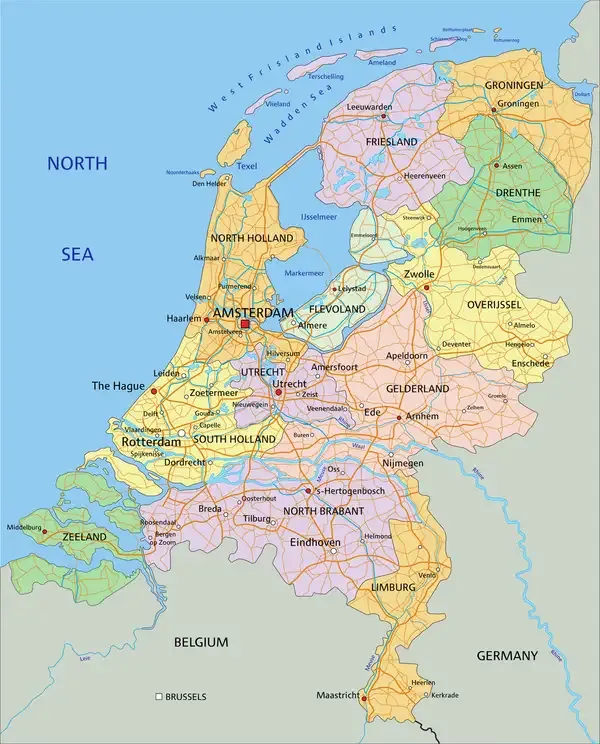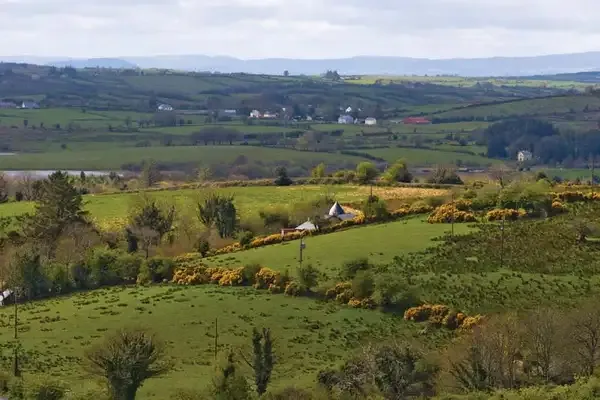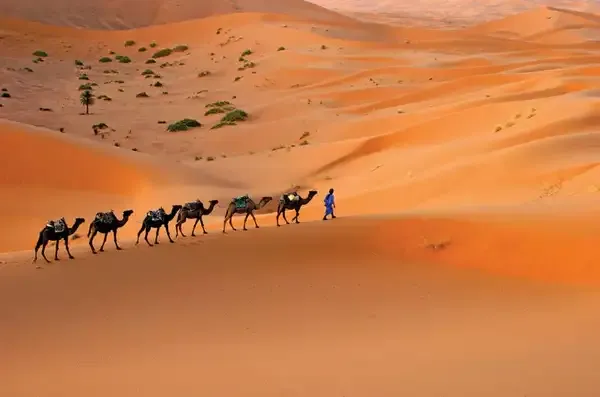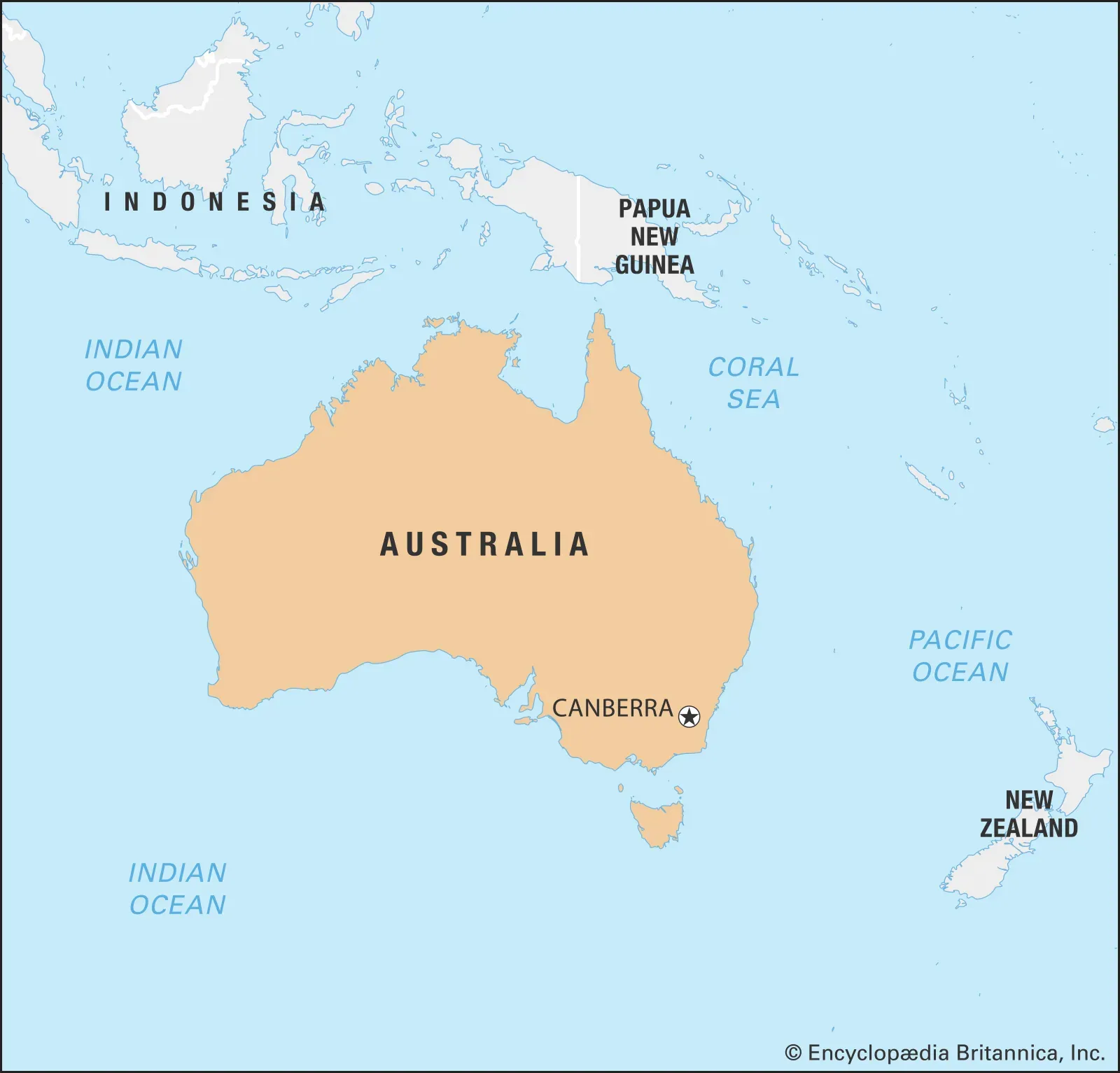21 Tombs Around the World
This exploration delves into 21 of the most remarkable tombs across the globe, showcasing the diverse cultural and historical significance of burial sites. From the grandeur of Egypt's pyramids and the intricate designs of China's Terracotta Army to the ancient tombs of Persia and the elaborate mausoleums of India, each tomb reflects the unique artistry and rituals surrounding death in different civilizations. These sites offer a fascinating glimpse into the past, highlighting the universal human desire to commemorate and honor the deceased.

1. The Great Pyramid of Giza, Egypt
The ''Great Pyramid of Giza'' is one of the most iconic tombs in the world. Constructed around 2580–2560 BC, it served as the burial site for Pharaoh Khufu. This architectural wonder stands at a height of 481 feet and was the tallest man-made structure for over 3,800 years.
2. Taj Mahal, India
The ''Taj Mahal'' is not only a mausoleum but also a symbol of love. Built by Mughal Emperor Shah Jahan in memory of his wife Mumtaz Mahal, this stunning white marble structure is located in Agra, India. It attracts millions of visitors each year.
3. The Catacombs of Paris, France
Deep beneath the streets of Paris lie the ''Catacombs'', a vast network of tunnels that house the remains of over six million people. Originally limestone quarries, they became an ossuary in the late 18th century due to overcrowded cemeteries.
4. Tomb of Qin Shi Huang, China
The ''Tomb of Qin Shi Huang'' is famous for the Terracotta Army, a collection of terracotta sculptures depicting the armies of the first Emperor of China. Discovered in 1974, this tomb complex is a UNESCO World Heritage site and offers insight into ancient Chinese funerary practices.
5. The Valley of the Kings, Egypt
The ''Valley of the Kings'' is a burial site for many pharaohs, including Tutankhamun. This area contains over 60 tombs carved into limestone, providing a glimpse into ancient Egyptian beliefs about the afterlife.
6. The Mausoleum at Halicarnassus, Turkey
Once considered one of the Seven Wonders of the Ancient World, the ''Mausoleum at Halicarnassus'' was built as a tomb for Mausolus, a Persian satrap. Although it no longer stands, its influence can still be seen in monumental tombs today.
7. The Stonehenge, England
While not a tomb in the traditional sense, ''Stonehenge'' is believed to be a burial site for ancient people. The monument’s mysterious stones and alignment with the solstices have made it a focal point for archaeological studies.
8. The Colosseum, Italy
The ''Colosseum'' in Rome, though primarily known for its gladiatorial contests, also served as a burial site in its later years. The arena’s history reflects the complexities of Roman society and its practices around death.
9. The Tomb of the Unknown Soldier, Various Locations
Many countries have a ''Tomb of the Unknown Soldier'' to honor unidentified soldiers who died in wartime. These monuments serve as poignant reminders of sacrifice and valor.
10. The Royal Tombs of Sipán, Peru
Discovered in 1987, the ''Royal Tombs of Sipán'' belong to the Moche civilization and feature elaborate burial goods, including gold artifacts. This archaeological site has provided significant insights into pre-Columbian cultures.
11. The Lenin Mausoleum, Russia
Located in Moscow’s Red Square, the ''Lenin Mausoleum'' houses the embalmed body of Vladimir Lenin, the leader of the Russian Revolution. This site remains a major point of interest for those studying Soviet history.
12. The Necropolis of Saqqara, Egypt
The ''Necropolis of Saqqara'' is home to the Step Pyramid of Djoser, one of the earliest colossal stone buildings in Egypt. This burial ground features numerous other tombs and exemplifies the evolution of Egyptian pyramid construction.
13. The Mausoleum of the First Qin Emperor, China
The ''Mausoleum of the First Qin Emperor'' is a vast burial site that includes the Terracotta Army. This site symbolizes the power and grandeur of the Qin dynasty, showcasing incredible craftsmanship.
14. The Tomb of Agamemnon, Greece
Located in Mycenae, the ''Tomb of Agamemnon'' is a beehive-shaped structure that dates back to the 16th century BC. It is one of the best-preserved tholos tombs and offers insights into Mycenaean civilization.
15. The King Tutankhamun’s Tomb, Egypt
The ''Tomb of Tutankhamun'', discovered in 1922, is one of the most famous tombs due to the wealth of artifacts found within. It provides a wealth of information about ancient Egyptian burial practices and daily life.
16. The Tomb of Cyrus the Great, Iran
The ''Tomb of Cyrus the Great'', located in Pasargadae, is a UNESCO World Heritage site. It is a simple yet elegant structure that honors one of history's most significant leaders in the ancient Persian Empire.
17. The Sagrada Familia, Spain
While primarily known as a basilica, the ''Sagrada Familia'' in Barcelona has crypts that serve as burial sites. This architectural marvel by Antoni Gaudí offers a unique blend of spirituality and artistry.
18. The Tomb of the Unknown Soldier, Belgium
In Brussels, the ''Tomb of the Unknown Soldier'' commemorates those who died in WWI. It serves as a national memorial, inviting reflection on the costs of war.
19. The Altar of the Fatherland, Italy
The ''Altar of the Fatherland'' in Rome houses the tomb of the Unknown Soldier and symbolizes Italy’s national unity. It is a striking monument that honors the sacrifices made for the country.
20. The Pyramids of Teotihuacan, Mexico
The ''Pyramids of Teotihuacan'', including the Pyramid of the Sun, are significant archaeological sites that reveal the grandeur of Mesoamerican civilizations. Though primarily ceremonial, they also served as burial sites.
21. The Royal Tombs of Ur, Iraq
The ''Royal Tombs of Ur'' were discovered in the 1920s and contain a wealth of artifacts from ancient Mesopotamia. These tombs provide vital information about the early Sumerian civilization and their burial customs.
| Tomb | Location | Significance |
|---|---|---|
| Great Pyramid of Giza | Egypt | Pharaoh Khufu's burial site |
| Taj Mahal | India | Mausoleum for Mumtaz Mahal |
| Catacombs of Paris | France | Ossuary for six million people |
| Tomb of Qin Shi Huang | China | Terracotta Army site |
| Valley of the Kings | Egypt | Burial site for pharaohs |
| Mausoleum at Halicarnassus | Turkey | Tomb for Mausolus |
| Stonehenge | England | Ancient burial site |
| Colosseum | Italy | Burial site in later years |
| Tomb of the Unknown Soldier | Various | Commemoration of unidentified soldiers |
| Royal Tombs of Sipán | Peru | Moche civilization artifacts |
| Lenin Mausoleum | Russia | Houses Lenin's body |
| Necropolis of Saqqara | Egypt | Step Pyramid of Djoser |
| Mausoleum of the First Qin Emperor | China | Terracotta Army |
| Tomb of Agamemnon | Greece | Beehive-shaped tomb |
| Tutankhamun’s Tomb | Egypt | Famous for artifacts |
| Tomb of Cyrus the Great | Iran | Honors Persian leader |
| Sagrada Familia | Spain | Has crypts for burials |
| Tomb of the Unknown Soldier | Belgium | Commemorates WWI soldiers |
| Altar of the Fatherland | Italy | National unity symbol |
| Pyramids of Teotihuacan | Mexico | Mesoamerican pyramids and burials |
| Royal Tombs of Ur | Iraq | Insights into Sumerian civilization |












